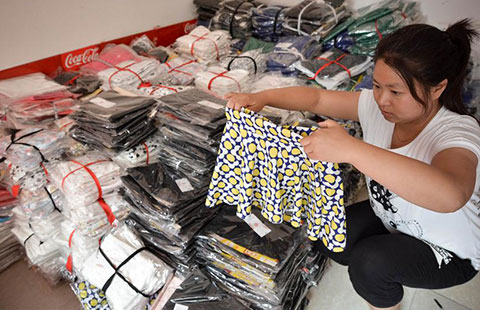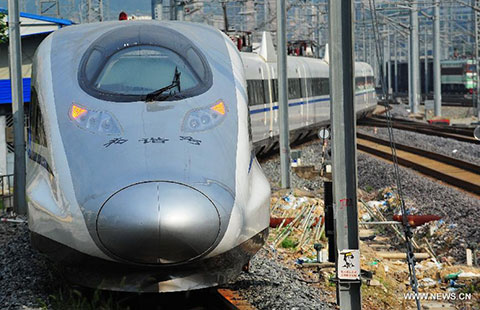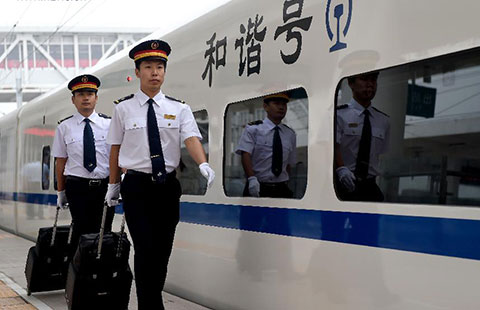AIIB 'no challenge' to others' authority
By Zhang Yunbi (China Daily) Updated: 2015-06-30 07:46"Participating states are acting strategically, preferring to shape the regulations of the bank from within instead of being mere observers of the institution," he said.
Dar said that all founding members of the AIIB are eager to see it become operational by the end of 2015, which is the agreed timeline.
"The sooner the bank starts functioning, the quicker we get to achieve infrastructure development and connectivity linkages," he said.
After the AIIB starts operation, Pakistan could benefit from it in the form of funding for its infrastructure projects, particularly in the fields of energy, irrigation and transportation, he said.
Pakistan will benefit from taking an active part in policy decisions, and it "can and should play a leading role in supporting infrastructure development in Asia", he said.
On the financing front, the first investment by the China-led Silk Road Fund went to Pakistan, targeted at clean energy. Dar said that Pakistan's energy sector needs the development of indigenous, cheap, sustainable and reliable energy sources.
There are 930 megawatt wind energy projects in progress with an expected commissioning date of December 2017. Currently, 150 megawatts of that are sponsored and operated by Chinese companies, he said.
On bilateral cooperation, Dar noted work continues on a number of projects that are mutually beneficial and "these projects serve as an opportunity for China to expand and diversify its outward bound investment."
- CRRC denies reports on buying Bombardier's railway business
- Countries sign agreement on AIIB
- Stock markets continue slide
- As stocks sink, tide of regret rises among investors
- China's pension fund seeks investment in stock market
- China betting big on these 10 industries
- Renminbi deserves inclusion in IMF currency basket
- Zhanjiang seeks opportunities on back of belt and road initiative

















